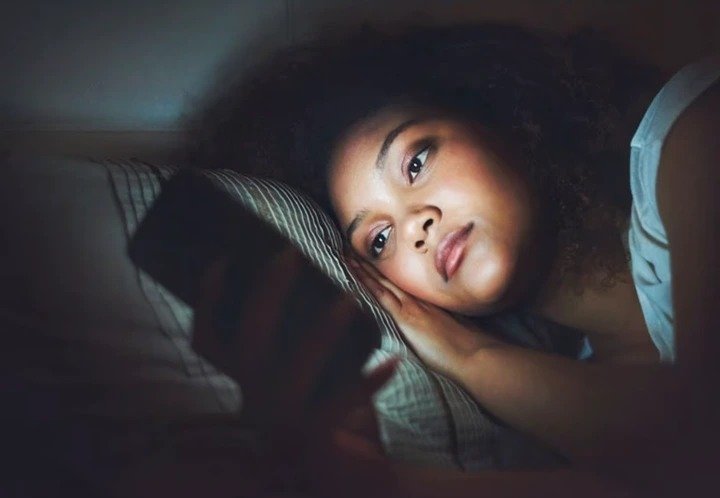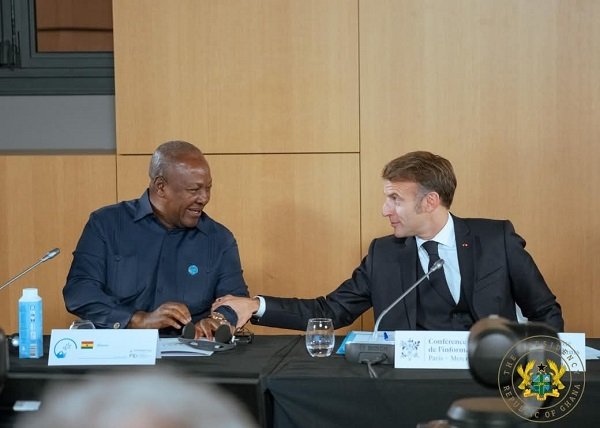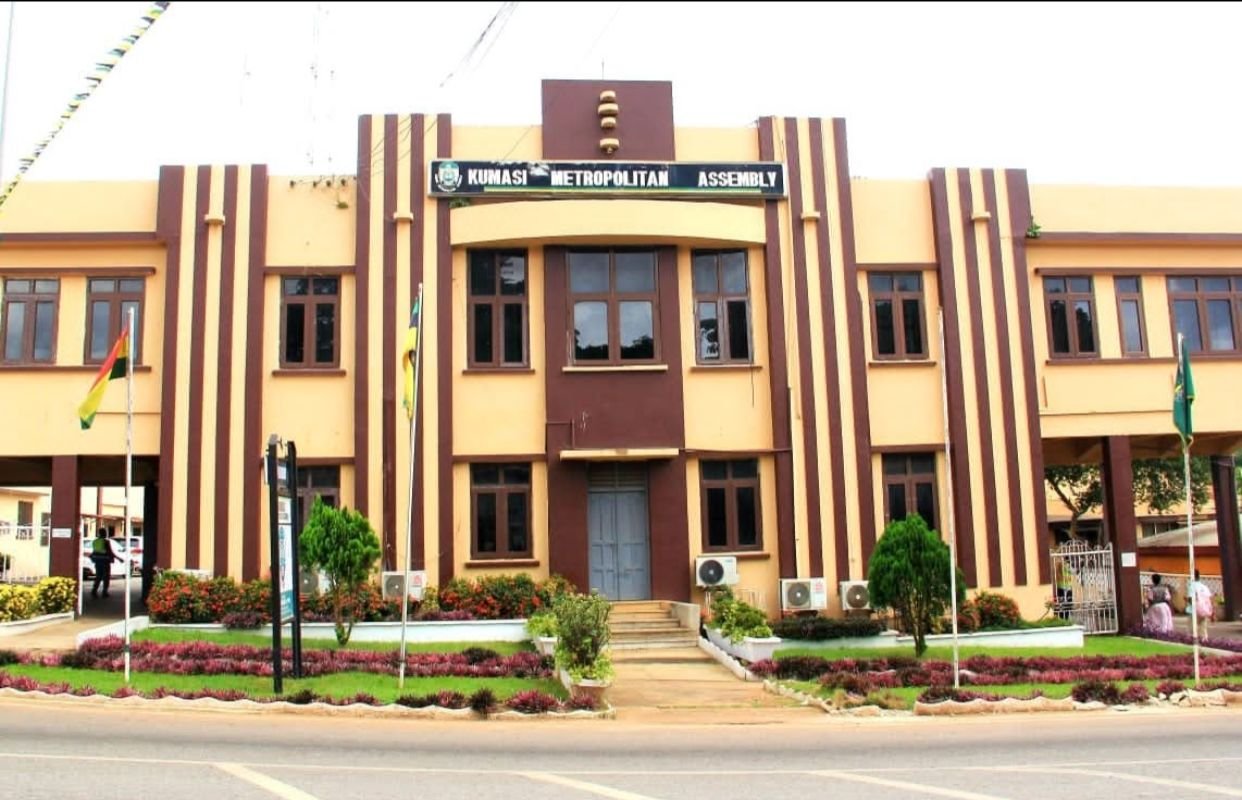Hot!
Why You Should Not Sleep With Your Phone In Bed

The Cleveland Clinic says that there are costs to being connected and using your phone while you sleep. Researchers have found that people who use electronics often, especially at night, are more likely to say they don’t get enough or good sleep. Most of the time, cell phones are safe, but depending on how you use them, they may pose other dangers. Here are some good things that will happen if you don’t use your phone in bed.
1. Screens Disrupt Sleep Cycles
Your circadian rhythm, or the regular pattern of when you sleep and wake up, has been shown to be affected by cell phone and screen use. Melatonin, the hormone that makes you sleepy, is stopped from working by the blue light that cell phones give off. Studies on children and teens have shown this. Because of this, it takes longer to fall asleep and people sleep less in general.
2. Phones keep your mind busy
There are more things than just the light from the screen that can wake you up. Consider how you use your phone. Phones are a constant source of information and stimulation that can keep people alert and awake. This could make it harder to fall asleep and stay asleep.
3. Phones could start fires or cause burns.
A bed fire or an explosion could hurt someone very badly. A recent research paper says that some cases of second-degree burns were caused by batteries that got too hot or caught on fire. This type causes the top layers of skin to peel off, as well as pain, swelling, blistering, and fluid discharge.
4. The light coming from your phone screen can affect your health
Phone screens and sleep don’t always get along. The blue light from your phone is made to look like natural sunlight. This can make you feel more alert during the day, which is great, but it’s the last thing you want when you’re trying to relax and get ready for bed at night.
Studies show that the blue light your smartphone gives off is bad for your eyes. But it can also keep you from getting enough sleep.
Source: gh.opera.news
Hot!
Prez Mahama warns AI could worsen global misinformation

President John Dramani Mahama has cautioned that the rapid growth of Artificial Intelligence (AI) could worsen the spread of misinformation across the world if not managed responsibly.
Speaking at the International Conference on Information Integrity in Paris, the President said AI tools such as deepfakes and synthetic media are increasingly being used to manipulate information and distort public perception.
He warned that the misuse of AI poses a serious threat to democracy, public health, and global stability, adding that protecting information integrity must be treated with the same urgency as national security and economic development.
“We are back to win the global war against misinformation and disinformation. Disinformation is not an abstract issue, it shapes elections, distorts public health responses, fuels conflict, and undermines the fight against climate change,” he pointed out.
President Mahama said false information continues to erode public confidence in science and government policy, even a decade after the signing of the Paris Climate Accord.
He noted that while AI presents huge opportunities for innovation and growth, it must be used responsibly to ensure that technological progress builds, rather than destroys, public trust.
“Our collective task must be to harness AI responsibly, promote transparency, and ensure that technology strengthens, not weakens, our societies,” he said.
The conference brought together world leaders, media experts, and technology innovators to discuss ways to protect information integrity and strengthen democracy in the digital age.
By: Jacob Aggrey
Hot!
KMA announces city-wide clean-up exercise on November 1

The Kumasi Metropolitan Assembly (KMA) has announced a city-wide clean-up exercise scheduled for Saturday, November 1, 2025, as part of efforts to promote cleanliness and public health in the metropolis.
The exercise, which starts at 6:00 a.m., forms part of the government’s vision to undertake monthly nationwide clean-up activities.
It is expected to bring together residents, traders, and transport operators to help make Kumasi cleaner and more environmentally friendly.
According to the Assembly, the clean-up will focus on key parts of the Central Business District and surrounding areas.
The operational zones include Zoo Roundabout through Pampaso to Otumfuo Roundabout, Otumfuo Roundabout through Acheamfour Market, MTN Roundabout to St. Louis College, Otumfuo Roundabout to Dr. Mensah, Boss FM through Central Market, Asafo Interchange, and Asafo Market stretch, as well as Roman Hill Down through Aboabo Station to Alabar.
During the exercise, all trading activities and vehicular movement within these areas will be suspended to ensure smooth operations.
The KMA urged all traders, commercial drivers, and residents to comply with the directive and actively take part in cleaning their surroundings.
The Assembly announced that if traders and shop owners participate fully, the exercise will end at 11:00 a.m.
However, those who fail to take part will have their shops and trading activities remain closed until 2:00 p.m.
By: Jacob Aggrey






